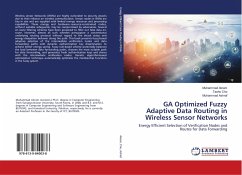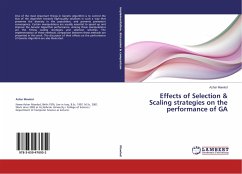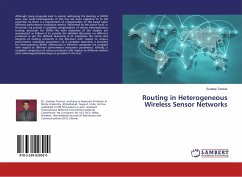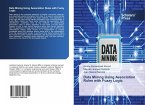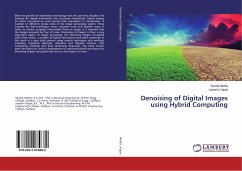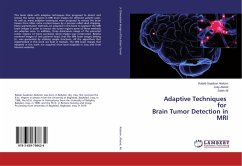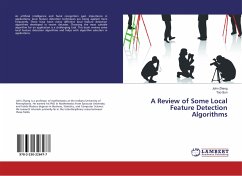Wireless sensor Networks (WSNs) are highly vulnerable to security attacks due to their reliance on wireless communication. Sensor nodes in WSNs are tiny in size and are supplied with limited energy resources and processing capabilities. These energy and hardware-resource-constrained nodes, without suitable safeguards, may be compromised by adversaries. Several en-route filtering schemes have been proposed to filter out false data en-route. However, almost all such schemes presuppose a conventional underlying routing protocol without regard to the attack status and energy dissipation behavior along the path. This book presents fuzzy-based adaptive selection of the intermediate verification nodes and data forwarding paths with dynamic authentication key dissemination to achieve better energy saving. Fuzzy rule-based scheme potentially balances the load between data forwarding paths, chooses the most suitable path for data forwarding, and generates fresh authentication keys and shares with the intermediate verification nodes. Genetic algorithm-based optimization technique automatically optimizes the membership functions in the fuzzy system.

